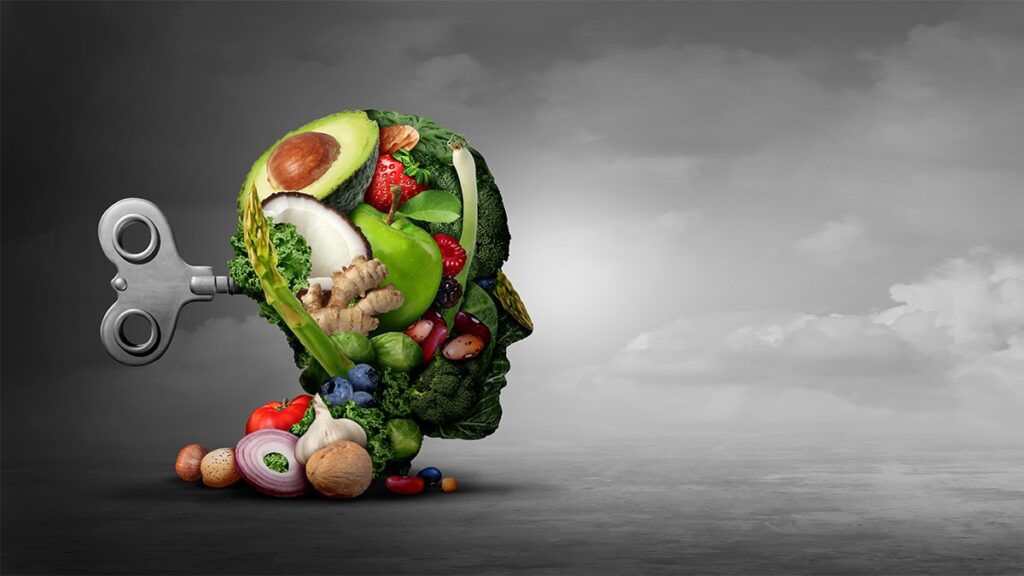
Nutritional Deficiency and Depression
How we eat is important not only for physical health but for mental well-being. This played out in a population-based study on the role of nutrition on depression in the Journal of Affective Disorders. Researchers found overall nutritional deficiency was associated with worsening mental health.
Using data from about 5,000 adults enrolled in the U.S. National Health and Nutrition Examination Survey for 2017–2018, researchers from Ireland determined if subjects were meeting the recommended daily intake of calories; fiber; vitamins B9, B1, B12 and K; calcium; magnesium; iron; zinc; copper; and selenium. For each nutrient, the team noted if participants were either meeting or not meeting daily requirements. Depressive symptoms were measured using a special questionnaire.
Those with low nutrients across the spectrum, the so-called “nutrient-deprived” class, had the highest average depression scores, underlining the importance of overall nutritional status.
In summary, general nutritional deficiency of a range of vitamins and minerals has a high impact on mental health. But for some individuals, the results suggest that specific factors such as fiber, vitamin K and magnesium intake may be important. (Overall nutrition was more important concerning depression risk in this study than any specific factors such as age and sex.) These results add to the compelling body of evidence that connects diet with how we feel psychologically.
